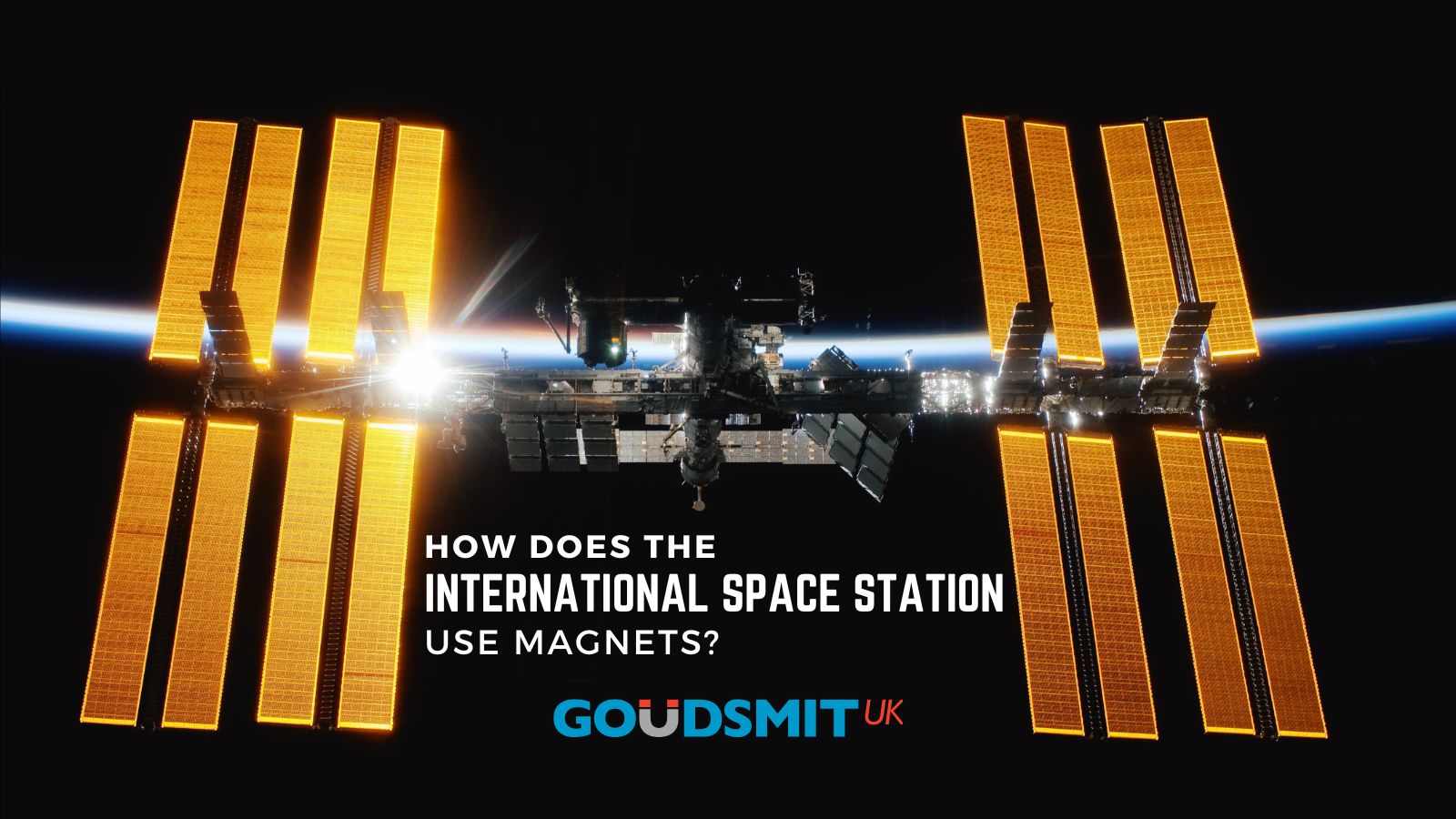Did you watch the space launch last May? SpaceX Dragon successfully launched into space on Saturday 30th May 2020 and arrived at the International Space Station (ISS). This was an incredible achievement within space history, therefore, we have looked at are some ways the ISS uses magnets.
Food & Drink
In space you cannot simply place something on a surface and walk away from it. Everything astronauts use in the space craft must be securely fastened down. This is often achieved through the use of:
- Velcro
- Clips
- Duct tape
- Elastic bungees
However, more commonly used is magnets. For instance, magnets are placed on food trays to keep cutlery in place and also to hold the tray down to prevent it from floating away.
Medical Research
In April 2020, scientists recovered samples of live mice and plant cells grown on the international space station. This is a Japanese lead study which demonstrates how bone cells of animals may have been altered after a long-duration spaceflight. Moreover, it is hoped that this research on animal bones will aid the preparations for long-term humans’ trips in space. Furthermore, the bones flown in from space are going to be compared with bone cells that were magnetically levitated in a ground-based lab. This will also enable the scientists to establish whether magnetic levitation can simulate microgravity. Also, in the future it’s hoped the studying of bone cells will help researchers develop better protective care or therapeutic treatments for people suffering bone loss.
Reliable Research
As noted, magnets are used to hold things securely in place in space. In a similar way, electromagnets are used to hold experiments in place. Electromagnets are used to isolate samples and experiments from vibrations. Scientists were unsure if vibrations interfere with their experiments. A video of a Controlled Dynamics Locker onboard the ISS, and within the locker is an electromagnet. The video shows that when the electromagnet is turned on it causes the experiment container box to hover, so it does not encounter any other surface. The importance of this is for medical applications. For instance, there are disagreements on whether vibrations hurt or help protein crystal growth. Moreover, this is important as the more we understand about proteins the more we can look at ways of preventing allergic reactions from proteins in foods to misshapen proteins associated with diseases of the brain such Alzheimer’s.
You can watch the video here.
Goudsmit UK
High performance magnets from Goudsmit UK are used daily in hundreds of industrial applications worldwide. All magnetic products manufactured by Goudsmit UK also meet or exceed ISO 9001 and AS 9120 quality standards.
Contact us today for more information at info@goudsmit.co.uk or on +44 (0) 2890 271 001.
For more information on our magnetic products visit our webpage or download our products and services brochure.







